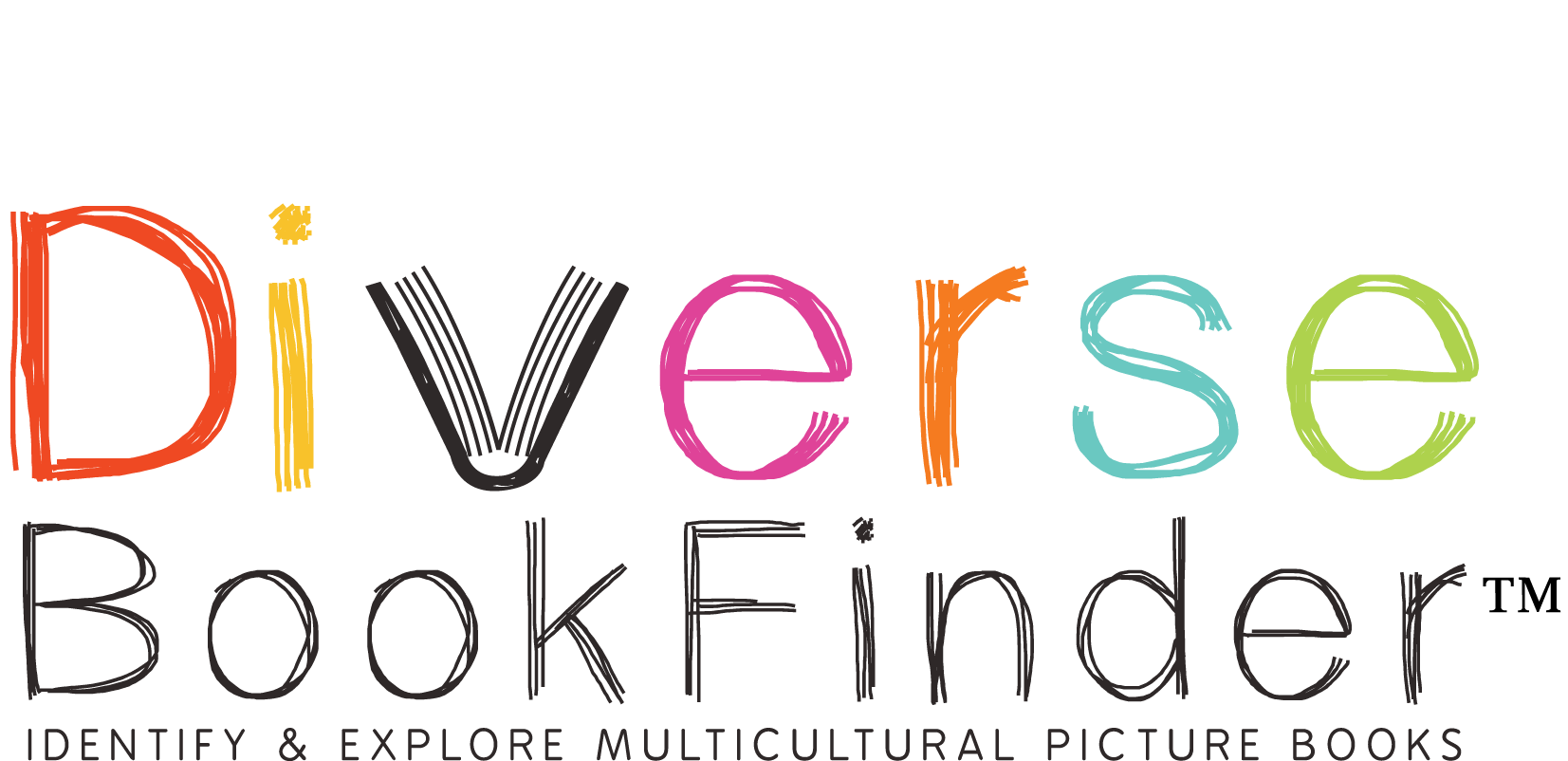
Our collection of picture books featuring Black and Indigenous people and People of Color (BIPOC) is available to the public. *Inclusion of a title in the collection DOES NOT EQUAL a recommendation.* Click here for more on book evaluation.
Find titles using a keyword search below (e.g. adoption, birthday, holidays, etc.), or by selecting one or a combination of filters on the lefthand sidebar below.
First time here? Start here!
17 matching books
Show Filters- 1
- 2

Joelito’s Big Decision / La Gran Decisión de Joelito
"Every Friday evening 9 year old Joelito goes with his family to MacMann’s for a juicy burger. But this Friday is different. This time, Joelito’s best friend Brandon is standing in a crowd outside the fast food restaurant protesting the low pay his parents earn there. Will Joelito cross the picket line for a tasty burger? Find out in Joelito’s Bigt Decision (La gran decisión de Joelito), in English & Spanish." -- publisher

The Day Gogo Went to Vote
"Illustrated in rich pastels, this child's-eye view of an important milestone in South African history allows young readers to experience every detail of this eventful day." -- publisher

Freedom soup
"Join the celebration in the kitchen as a family makes their traditional New Year’s soup — and shares the story of how Haitian independence came to be." -- publisher

The Library Bus
"Inspired by Kabul, Afghanistan’s first library bus and coloured by family memories, a touching snapshot of one innovative way girls received education in a country disrupted by war Author Bahram Rahman grew up in Afghanistan during years of civil war and the restrictive Taliban regime. He wrote The Library Bus to tell new generations about the struggles of women who, like his own sister, were forbidden to learn. It is still dark in Kabul, Afghanistan when the library bus rumbles out of the city. There are no bus seats—instead there are chairs and tables and shelves of books. And there are no passengers—instead there is Pari, who is nervously starting her first day as Mama’s library helper. Pari stands tall to hand out notebooks and pencils at the villages and the refugee camp, but she feels intimidated. The girls they visit are learning to write English from Mama. Pari can’t even read or write in Farsi yet. But next year she will go to school and learn all there is to know. And she is so lucky. Not long ago, Mama tells her, girls were not allowed to read at all. Brought to life by the pensive and captivating art of award-winning illustrator Gabrielle Grimard, The Library Bus is a celebration of literacy, ingenuity, and the strength of women and girls demanding a future for themselves." -- publisher

Sharuko
"A fascinating bilingual picture book biography of Peruvian archaeologist and national icon Julio C. Tello, who unearthed Peru's ancient cultures and fostered pride in the country's Indigenous history. SLJ Best Books of 2020; NYPL Best Books of 2020; Chicago Public Library's Best of the Best Books of 2020; CSMCL's Best Books of 2020; The Horn Book's Fanfare 2020 Booklist; Pura Belpré Award Illustrator Honor; The Best Children's Books of the Year in Spanish, Bank Street College of Education. Growing up in the late 1800s, Julio Tello, an Indigenous boy, spent time exploring the caves and burial grounds in the foothills of the Peruvian Andes. Nothing scared Julio, not even the ancient human skulls he found. His bravery earned him the boyhood nickname Sharuko, which means "brave" in Quechua, the language of the Native people of Peru. At the age of twelve, Julio moved to Lima to continue his education. While in medical school, he discovered an article about the skulls he had found. The skulls had long ago been sent to Lima to be studied by scientists. The article renewed Julio's interest in his ancestry, and he decided to devote his medical skills to the study of Peru's Indigenous history. Over his lifetime, Julio Tello made many revolutionary discoveries at archaeological sites around Peru, and he worked to preserve the historical treasures he excavated. He showed that Peru's Indigenous cultures had been established thousands of years ago, disproving the popular belief that Peruvian culture had been introduced more recently from other countries. He fostered pride in his country's Indigenous ancestry, making him a hero to all Peruvians. Because of the brave man once known as Sharuko, people around the world today know of Peru's long history and its living cultural legacy." -- publisher

Hector
"On June 16, 1976, Hector Pieterson, an ordinary boy, lost his life after getting caught up in what was supposed to be a peaceful protest. Black South African students were marching against a new law requiring that they be taught half of their subjects in Afrikaans, the language of the White government. The story’s events unfold from the perspectives of Hector, his sister, and the photographer who captured their photo in the chaos. This book serves as a pertinent tool for adults discussing global history and race relations with children. Its graphic novel style and mixed media art portray the vibrancy and grit of Hector’s daily life and untimely death." -- publisher

We are Water Protectors
Inspired by the many Indigenous-led movements across North America, We Are Water Protectors issues an urgent rallying cry to safeguard the Earth's water from harm and corruption -- a bold and lyrical picture book written by Carole Lindstrom and vibrantly illustrated by Michaela Goade. Water is the first medicine. It affects and connects us all. When a black snake threatens to destroy the Earth and poison her people's water, one young water protector takes a stand to defend Earth's most sacred resource. - Publisher

Tashi and the Tibetan flower cure
"Tashi loves listening to Popola, her grandpa, sing Tibetan chants to the click, click of his prayer beads. She also loves hearing Popola's stories about the village in Tibet where he grew up. But recently Popola has been sick, and Tashi is worried. One of the stories Tashi remembers told how people in Popola's village use flowers to help themselves recover from illnesses. Will this healing tradition work in the United States, so far from Popola's village? Determined to help Popola get better, Tashi recruits family, friends, and neighbors in a grand effort to find out." --Publisher's website

The Village that Vanished
In southeastern Africa, a young Yao girl and her mother find a way for their fellow villagers to escape approaching slave traders.

Undocumented
Undocumented is the story of immigrant workers who have come to the United States without papers. Every day, these men and women join the work force and contribute positively to society. The story is told via the ancient Mixtec codex--accordion fold--format. Juan grew up in Mexico working in the fields to help provide for his family. Struggling for money, Juan crosses over into the United States and becomes an undocumented worker, living in a poor neighborhood, working hard to survive. Though he is able to get a job as a busboy at a restaurant, he is severely undercompensated--he receives less than half of the minimum wage! Risking his boss reporting him to the authorities for not having proper resident papers, Juan risks everything and stands up for himself and the rest of the community.--Amazon.com
- 1
- 2
